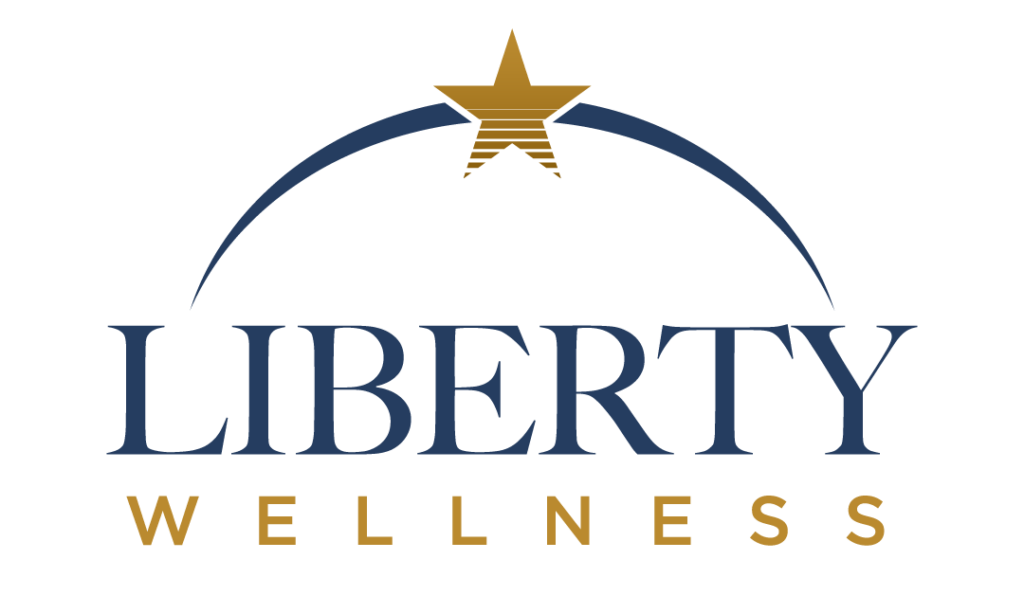Substance abuse and mental health are deeply interconnected and can cause, worsen, and even derail each other. Individuals with comorbid mental health disorders require treatment that addresses both concerns simultaneously.
At Liberty Wellness, we offer the necessary dual diagnosis treatment in New Jersey. Our comprehensive approach supports clients’ individual growth toward their mental health and sobriety goals through manageable steps.
Learn more about the causes of addiction and its’ connection to mental health by speaking with a representative at Liberty Wellness today. Liberty Wellness is a drug and alcohol rehab center in Berlin, NJ.
What Causes Addiction?
Many factors impact an individual’s development of addiction. It can be based on their genetic or environmental risk factors, unsafe use habits, and their mental health.
Individuals with genetic or environmental exposure to addiction are at a higher risk for developing addiction based on their genes and experience. A genetic predisposition to addiction is possible. Multiple genetic studies have linked alcohol and tobacco addiction to specific gene sequence areas. This, combined with environmental exposure, can dramatically increase an individual’s likelihood of developing an addiction.
Another cause of addiction is misused. Individuals who misuse substances are likelier than those who monitor their use and follow specific treatment guidelines and rules for ingestion. Misuse can occur in several ways and is not limited to taking too much or too frequently. Misuse occurs when underage individuals drink, or individuals obtain illegal drugs and take them to get high. This type of misuse is directly linked to higher chances of addiction because of the thrill, secretive aspect, and illicit components added. Individuals can also misuse substances by altering the method by which they are ingested. Individuals prescribed medication in pill form may crush and snort or dissolve it in water to have the drug enter their system more quickly. This alteration can have several unwanted side effects and increase the risk of addiction.
How Does Addiction Impact Mental Wellness?
Mental health is a critical factor in the discussion surrounding addiction. As a mental health disorder, addiction impacts an individual’s overall mental health. It can affect other mental health disorders that an individual may be experiencing, predisposed to, or cause them itself.
Individuals with an existing mental health disorder are at a higher risk of developing an addiction to substances because of the disorder’s impact on their brains. They may become addicted to their prescription medication or may become addicted to an illegal substance they take to help manage their mental health. However it happens, individuals with mental health disorders develop addictions to substances more quickly than others.
Individuals with a genetic predisposition to mental health disorders are also more likely to develop an addiction with unregulated use. While an individual might not be experiencing concerning mental health behaviors, substances may bring those symptoms to the forefront and worsen what might be a currently managed disorder.
Lastly, addiction can cause mental health disorders on its own. The impact substances have on the body and brain can alter how the brain functions, causing mental health concerns that were not previously evident.
Can Substance Abuse Cause Depression?
Depression and drug addiction go hand-in-hand with anxiety, mood disorders, and, often, trauma.
Depression and addiction are often comorbid mental health disorders that can exacerbate each other. Depression can worsen addiction through feelings of a need to change. Individuals may take stimulants to regulate their depressed moods. And individuals who take depressants may feel even more down because of the effects of the substances.
But depression and substance abuse aren’t the only two mental health disorders that go together. Substance abuse has been linked to anxiety, bipolar disorder, mood disorders, personality disorders, post-traumatic stress disorder (PTSD), trauma, and even attention deficit hyperactivity disorder (ADHD) and oppositional defiant disorder (ODD).
How to Find Dual Diagnosis Treatment in New Jersey
There are multiple pathways to dual diagnosis treatment in New Jersey, but finding the correct one for you is as easy as checking out Liberty Wellness today.
Our comprehensive dual diagnosis program offers clients the opportunity to learn how to manage their substance use disorder and additional mental health concerns simultaneously. By combining the treatments, individuals have a greater chance of developing skills that help them remain sober and manage their mental health in safe, healthy, and accessible ways.
Learn more about how substance abuse can cause depression and how we can help you combat that at Liberty Wellness.




